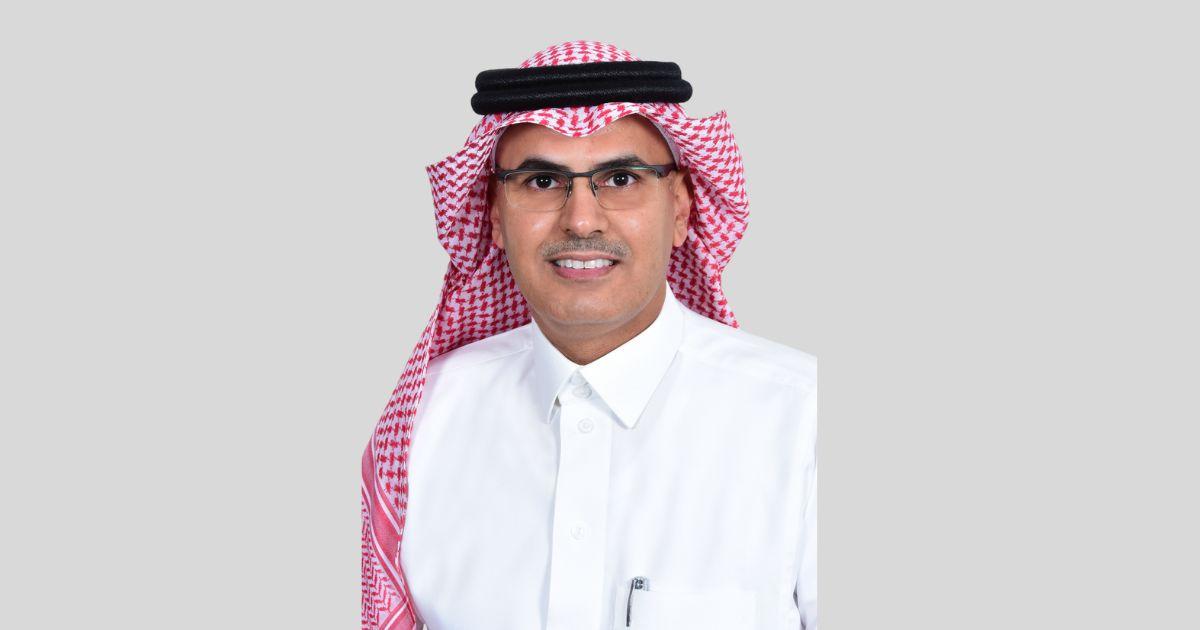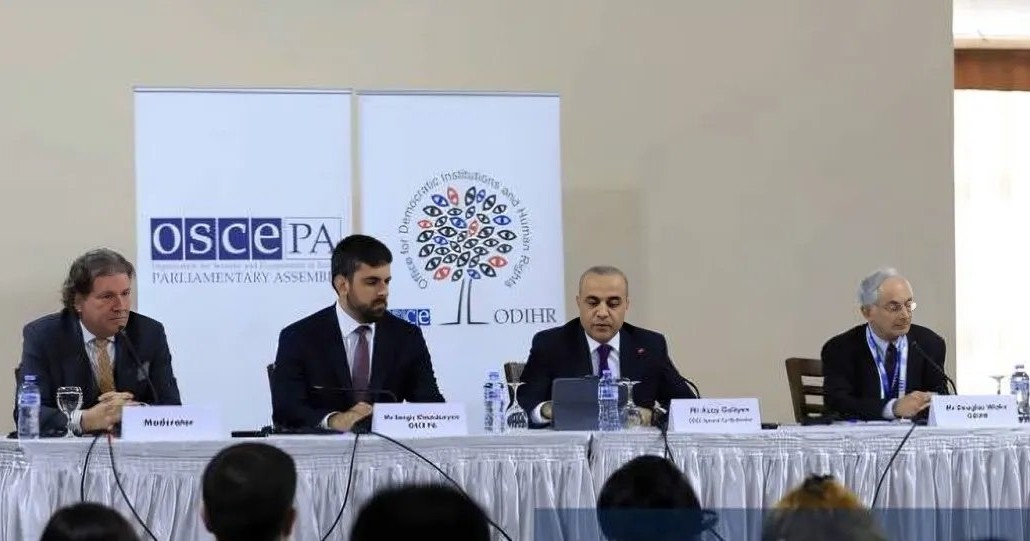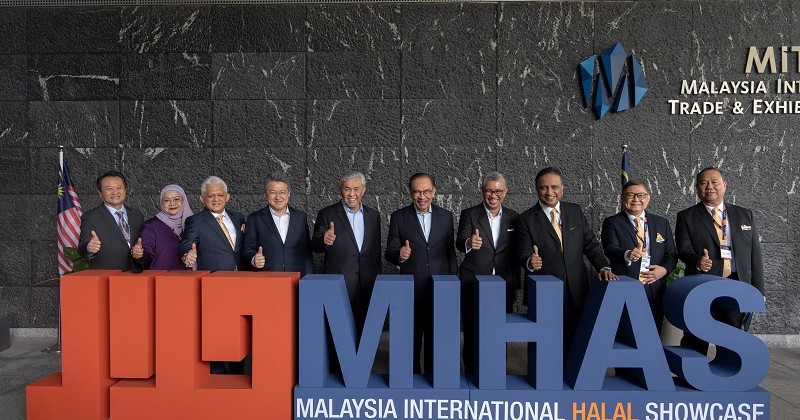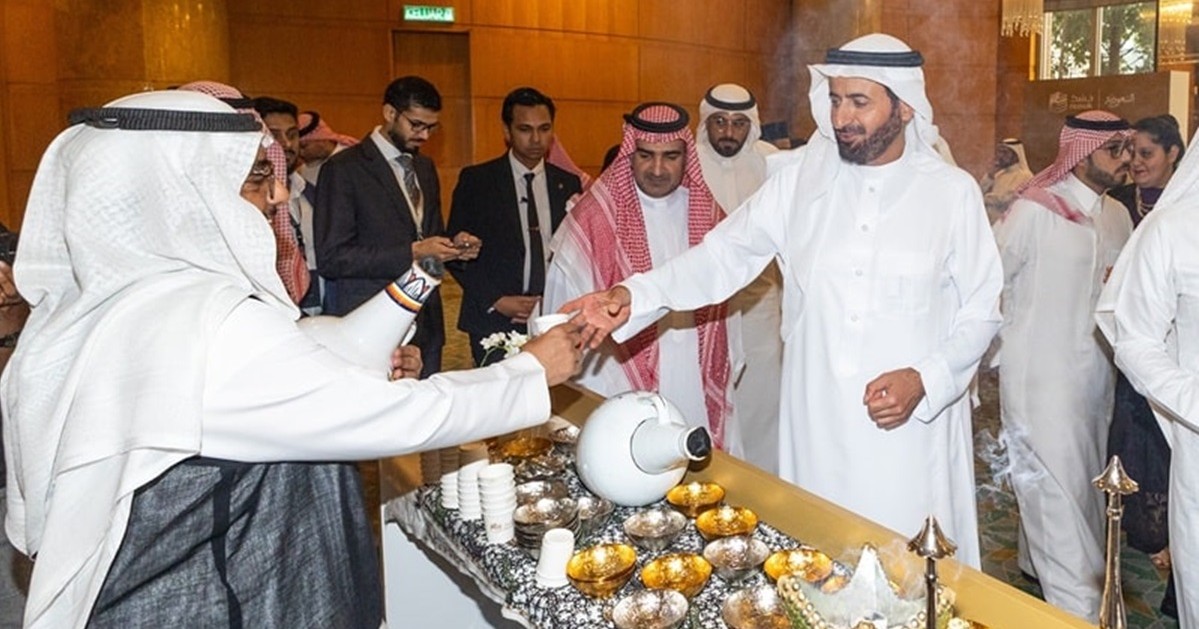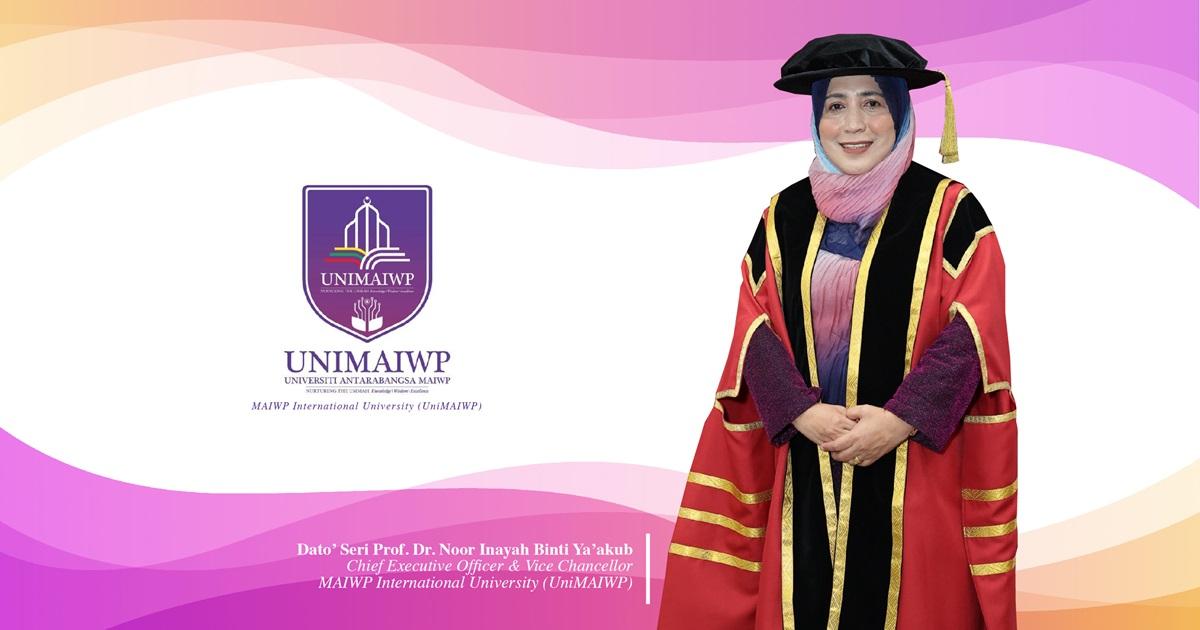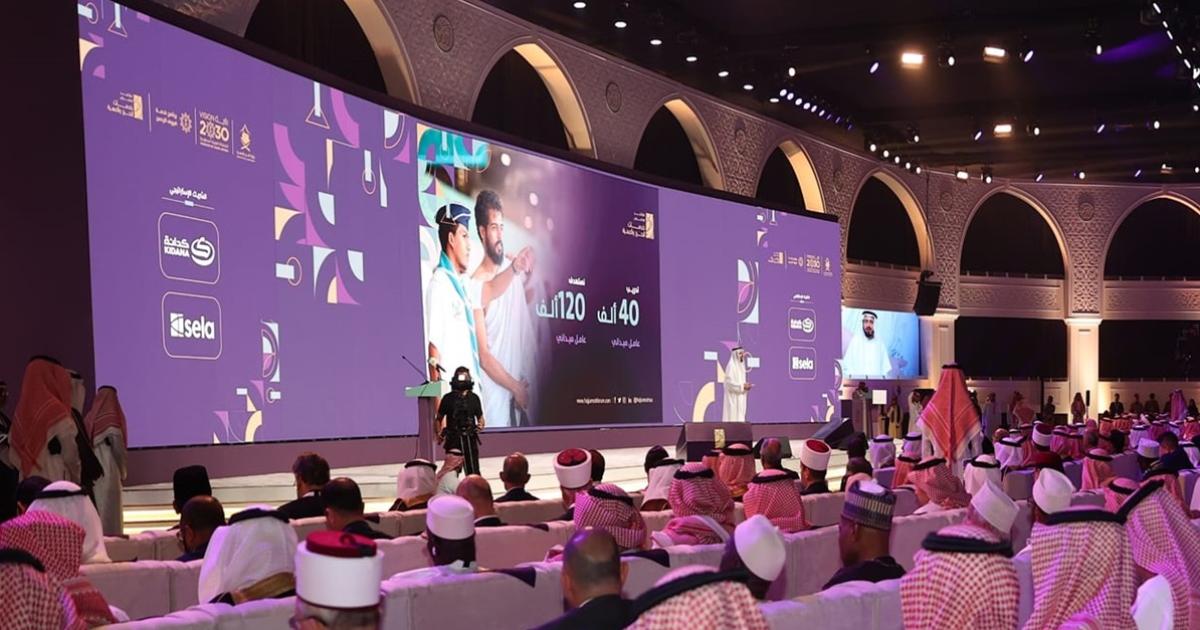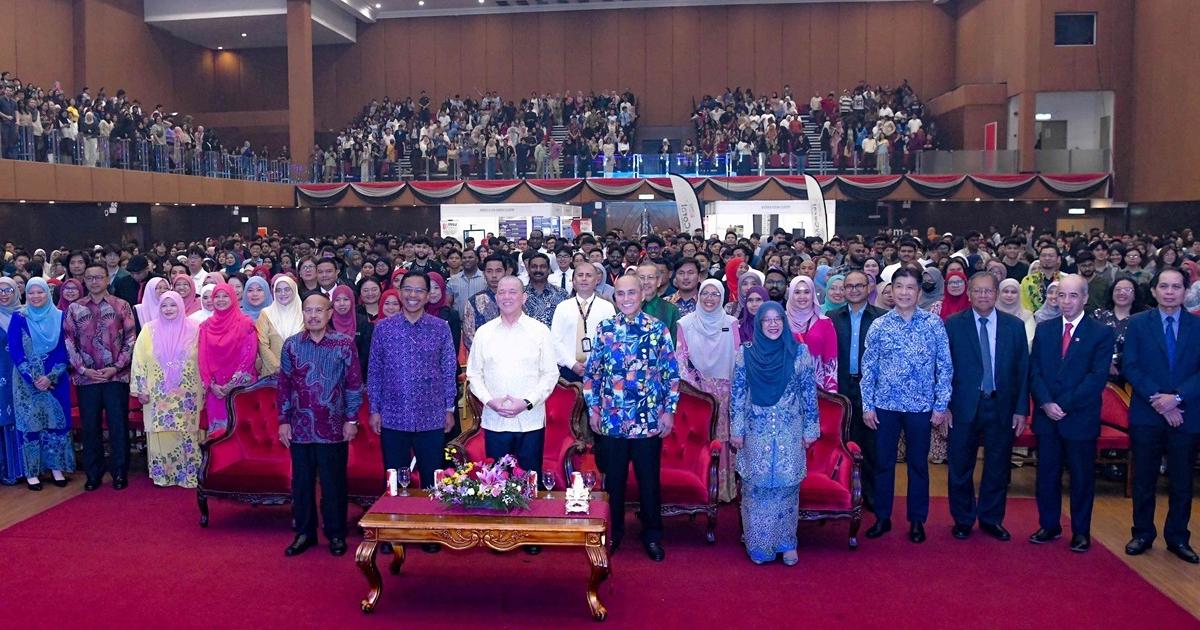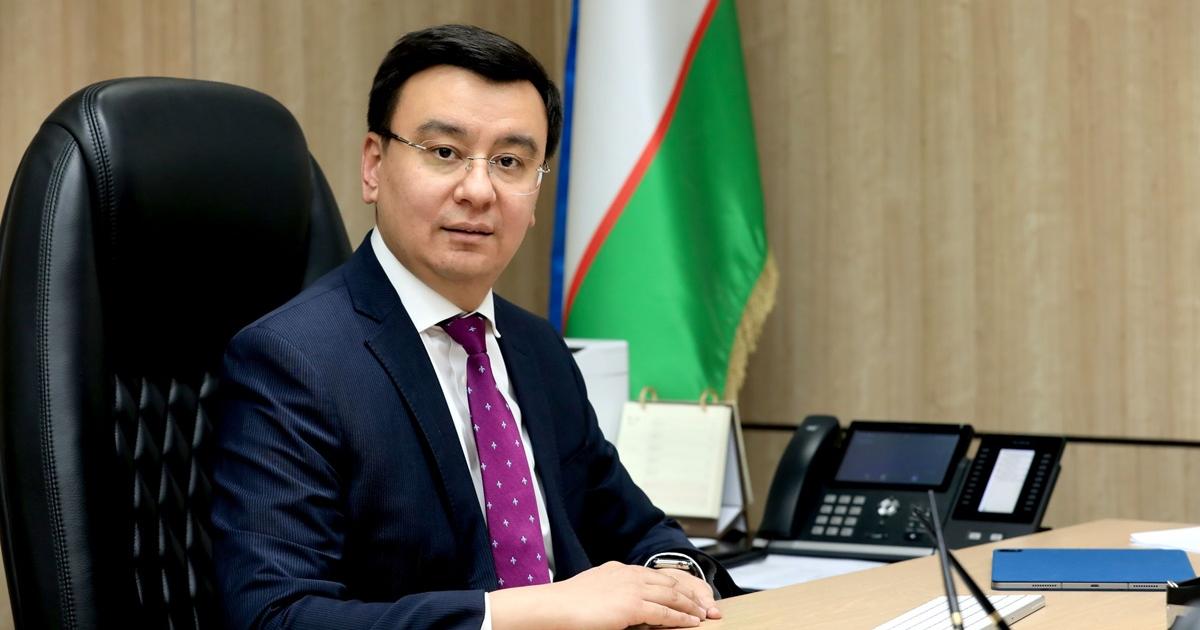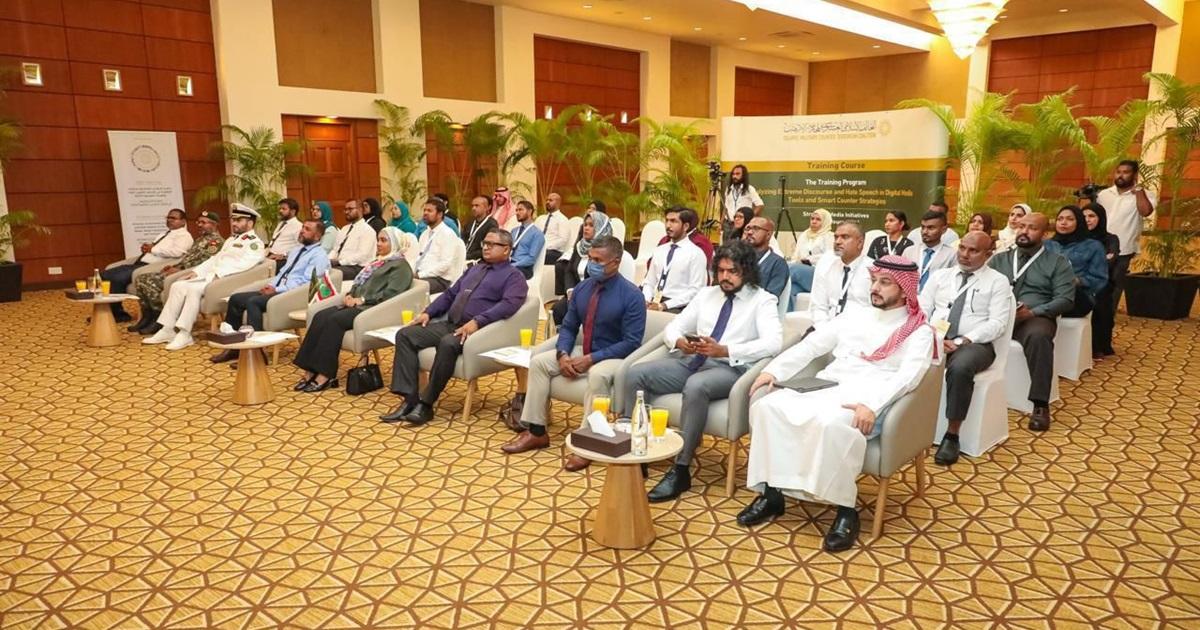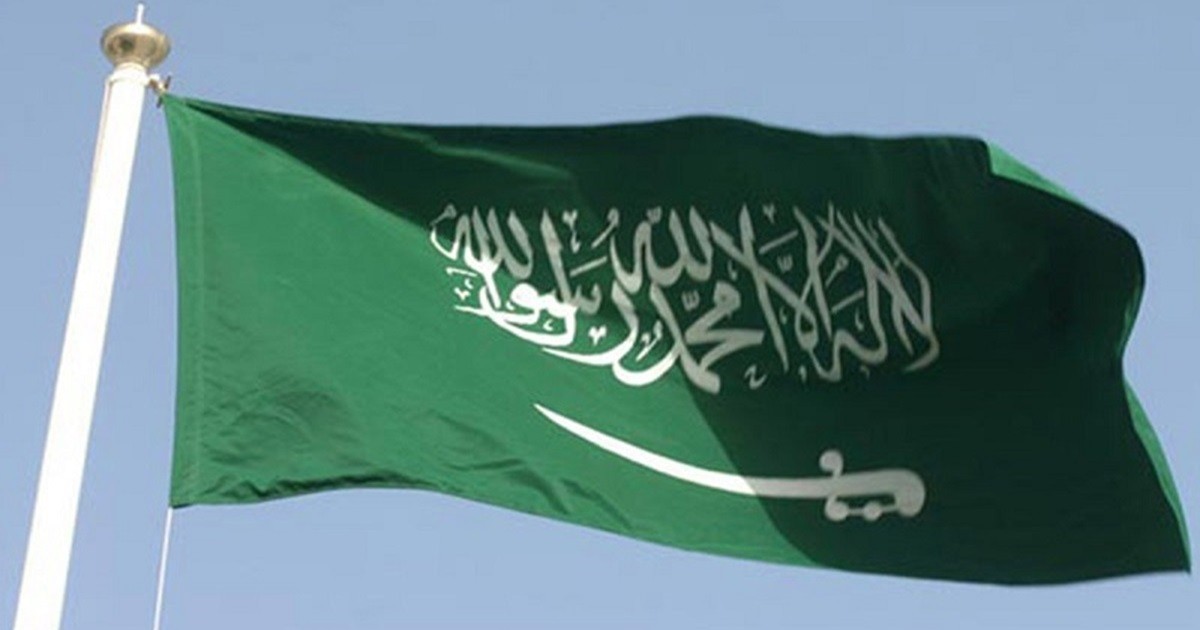
The Kingdom of Saudi Arabia has been implementing intensive strategies, induced by social and economic reforms, since 2017.Several plans were directed toward increasing the share of private enterprise in the economy in an effort to move away from dependence on oil exports and to generate jobs. The government approached investors about expanding the role of the private sector in the health care, education and tourism industries. It has also been encouraging the growth of the private sector in order to diversify its economy and to employ more Saudi nationals. Within the financial sector, the capital market law was amended to allow the establishment of other exchanges alongside Tadawul.
Recently, Saudi Arabiaenacted reforms to ease the arrival of investors to expand the role of the private sector in the health care, education and tourism industries.
The need for diversification is attributed to the instability caused by volatile oil prices every now and then. Agriculture, for example, accounts for only 2.2% of the GDP and employs 4.8% of the active population, and its productivity remains limited compared with the public investment that funds the sector. Although the industrial sector represents 49.5% of the GDP and employs 24.4% of the workforce, it is still influenced by drilling and other oil production-related activities amid a gradual increase in the non-oil industrial operations. Meanwhile, the services sector represents 52.5% of the GDP and employs 70.8% of the population. This sector is mainly dominated by tourism, financial and banking services and the insurance sector.
Too Late to Diversify?
Like every other country around the world, Saudi Arabia is affected by the pandemic of COVID-19. However, considering the country’s unique position, in terms of its religious status and economic influence, the impact of this pandemic on the Kingdom may have additional dimensions and will probably last longer than other countries in the region. From a religious perspective, the closure of the holy mosque in Makkah was probably beyond anyone’s imagination. But it happened! The Kingdom stopped receiving pilgrims and closed the holy mosque since the beginning of March 2020 in a bid to slow the pace at which the novel coronavirus spread globally.
The Kingdom has decided to downsise its 2020 budget by USD 13.3 billion due to economic conditions caused by the novel coronavirus and falling oil prices.
Economically, the spread of COVID-19 caused the demand for oil to decline worldwide and this, in turn, made prices to fall to its lowest value since 1991. With a further drop in oil prices expected in the next months, the impact on Saudi’s economy would be worse than it was initially expected. The only hope for the Kingdom to be able to contain this economic crisis is when the spread of the virus is contained, and more countries resume their oil imports. Amid these uncertainties, Saudi Arabia knows the only way to put the dampeners on the COVID-19 spread is through international cooperation, and for that, the government, as the current Chair of the G20, has been coordinating with international organisations.
In view of the increased number of confirmed infections, Saudi Arabia's King Salman has announced a nationwide dusk-to-dawn curfew starting from 23 March 2020 in a bid to limit the spread of the new coronavirus, the latest in a series of restrictions. While local businesses will suffer great losses due to these restrictions, the government unveiled stimulus measures amounting to 120 Saudi billion riyals (USD 32 billion) to support businesses and said it plans to raise borrowing to 50% of GDP. Most of the social and entertainment activities planned for the summer, as part of the transformational strategy by the government, have been suspended.
Ambiguous Future
At the moment, neither Saudi Arabia nor most countries around the world can accurately expect the outcomes of the current pandemic on the global economic growth. Therefore, most of the plans the Kingdom had for economic diversification may have to be suspended until things get better. Certainly, the world is going to change and the influence some countries have over the global economy may change after the pandemic is contained. In this regard, many reports highlight the prospects of the relationships between Saudi Arabia and a number of the world’s leading economies such as the USA, Russia, China and the European Union especially as the Kingdom decided to increase its daily oil production causing its prices to plunge.
Oil prices posted their biggest losses in 30 years and, by late March, had cratered by more than 60 percent from their level in late 2019.
This move by Saudi Arabia came after Russia rejected its proposal to support global oil prices with a fresh round of production cuts. Regardless of the political reasons why Russia would reject the Kingdom’s proposal and why Saudi Arabia decided to flood the oil market in return, the consequences of this situation will have a significant impact on the global economy. No doubt, the countries with high costs of production, such as the USA, would suffer the most while many developing countries will enjoy the benefit of getting their oil needs at lower prices. In the meantime, Saudi Arabia has to find effective methods to deal with the current conditions and prepare for the unknown future.
- Business News 100
- Country News 16
- Feature News 30
- International News 151
- Interview News 35
- National News 18







